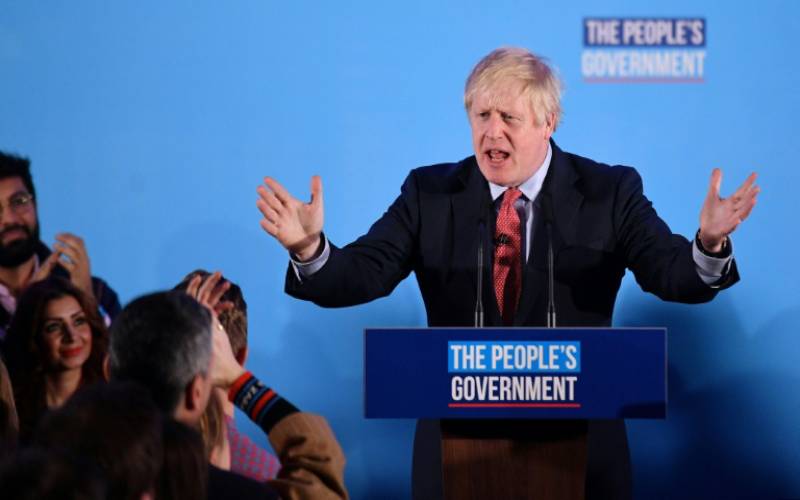×
The Standard e-Paper
Smart Minds Choose Us

Britain's Prime Minister Boris Johnson vowed to get Brexit done on January 31. [AFP]
Brexit is back on track after Britain's Prime Minister Boris Johnson's Conservative Party won a resounding election on Friday which, he says, will allow him to execute it.